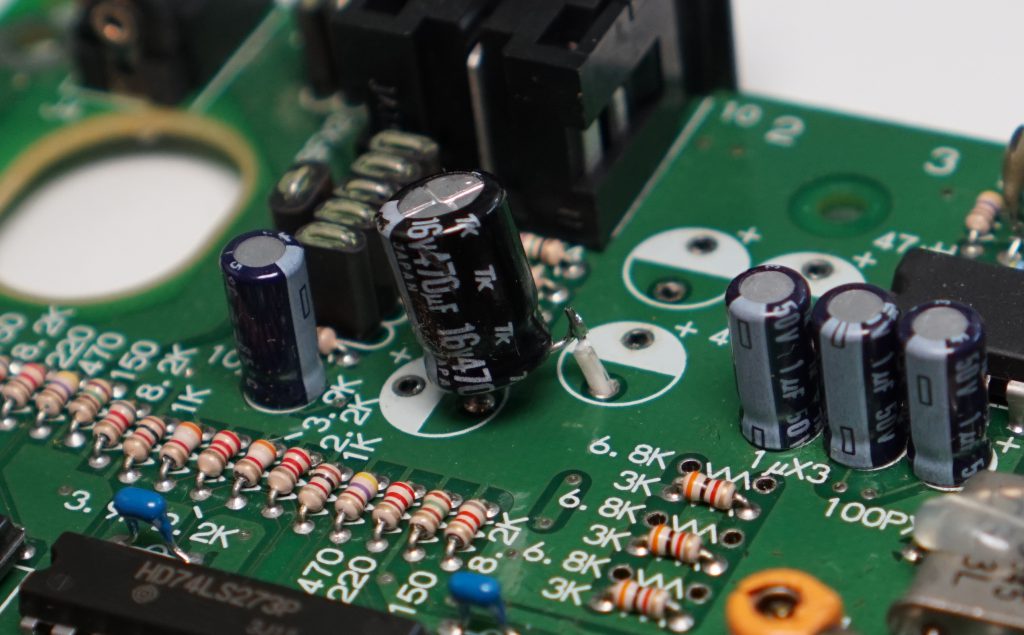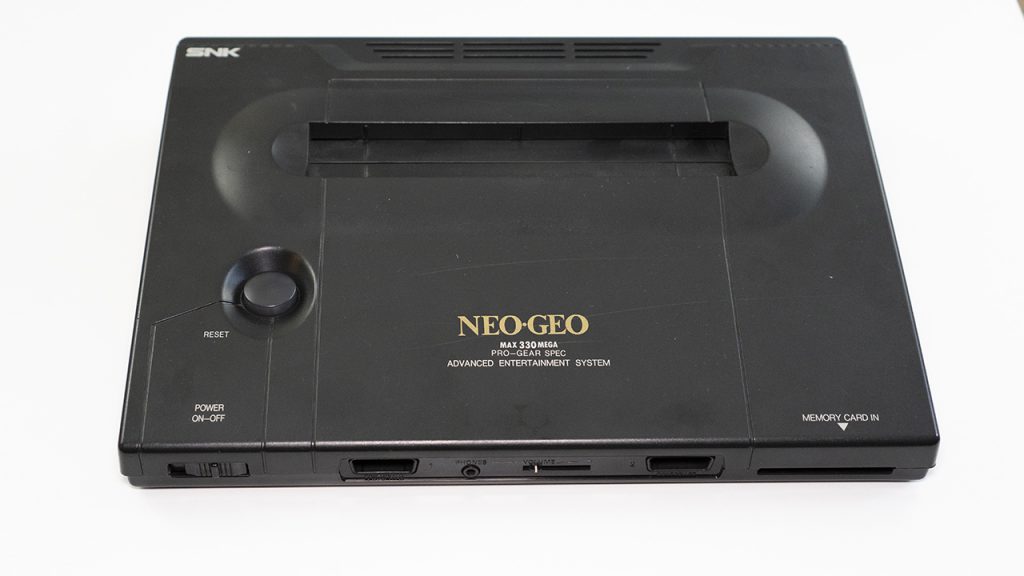RGB Bypass Mod (AES)
Mitch1256
This page will show you a "basic" bypass for the Neo Geo AES console that eliminates the Sony CXA amp and sends video (at the proper voltage) directly from the NG's digital-to-analog-converter, to the multi-out. This was tested on the worst revision Neo-Geo, the 3-6, however it should work on other revisions.
WARNING: This mod will disable composite video!
It's been long discussed that some Neo Geo's output better RGB video than others. While that's true, all AES' can have a fairly simple RGB bypass performed that gets the best out of the built-in DAC. That means you can make every revision AES look identical, regardless of serial number, including and especially the notorious 3-6 revision motherboard.
Tools Needed:
- Basic soldering skills
- Soldering iron, wire, heatshrink tubing
- 150 Ohm resistors
- Desoldering gun not necessary, but might make it easier
Access full-sized pictures in this guide, simply by clicking each one!
Disassembly
- Start by removing the two screws on the bottom of the AES. Please note that these are different sizes, so make sure to mark where each goes! Also, carefully try to lift the three footpads marked here to expose the other screws; There's no screw under the unmarked 4th pad.
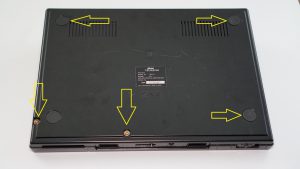
- Unfortunately, due to the age of these footpads, they'll most likely break. If you get lucky, you can peel them back just enough to get your screwdriver in, but expect to accidentally break at least one:
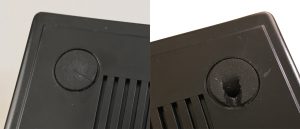
- After removing the top plastic cover, remove the following screws. Once done, remove the reset button and power switch, then carefully lift the motherboard out of the bottom case.
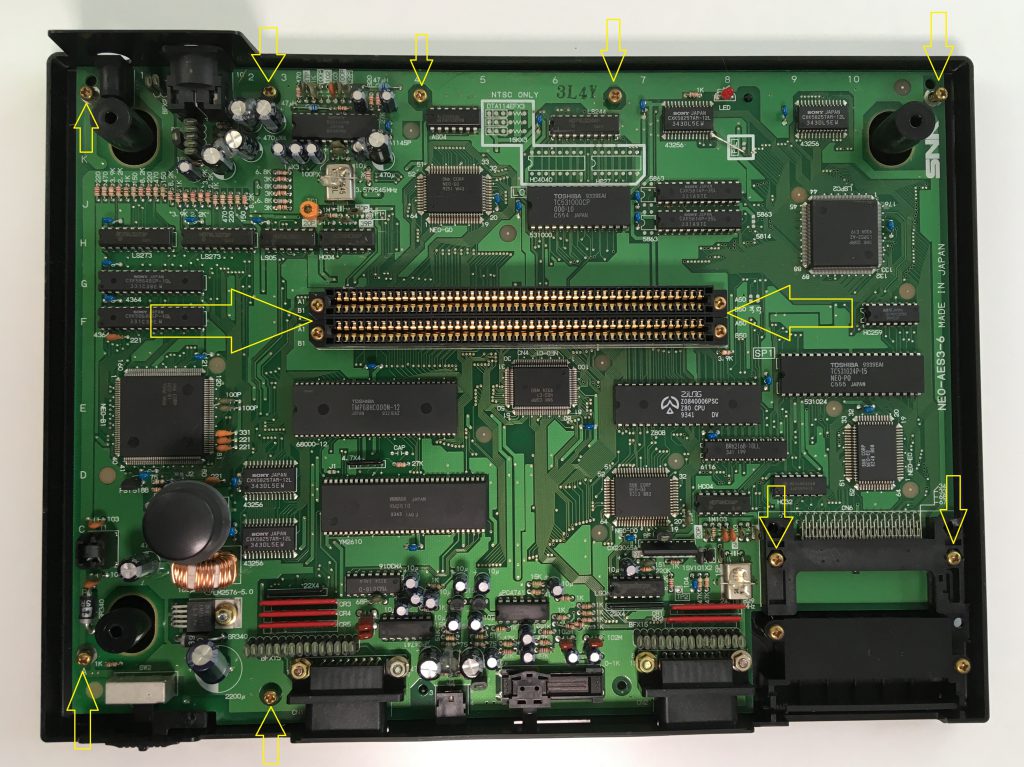
RGB Bypass
- Now you'll need to remove six components located in the top-left of the motherboard, next to the A/V out port: Three resistors and three capacitors. The ideal way to remove them is with a desoldering gun, however if you're careful, you can use a soldering iron and some tweezers, or even snip them out with cutters (please be careful with cutters!):
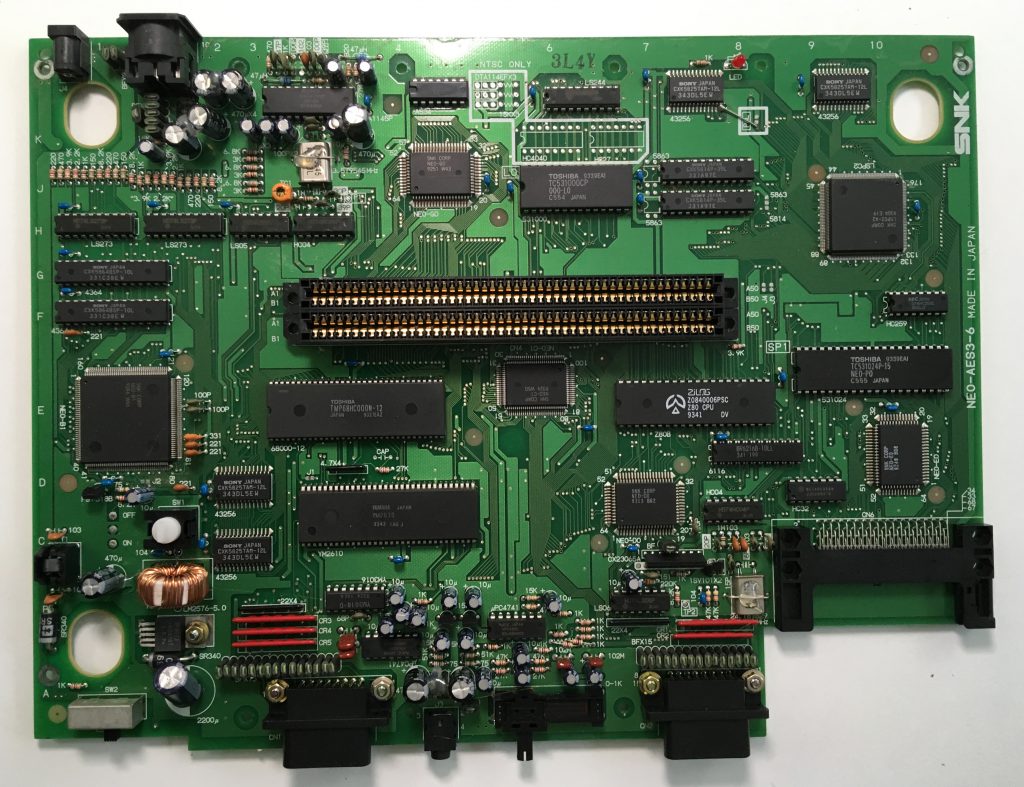
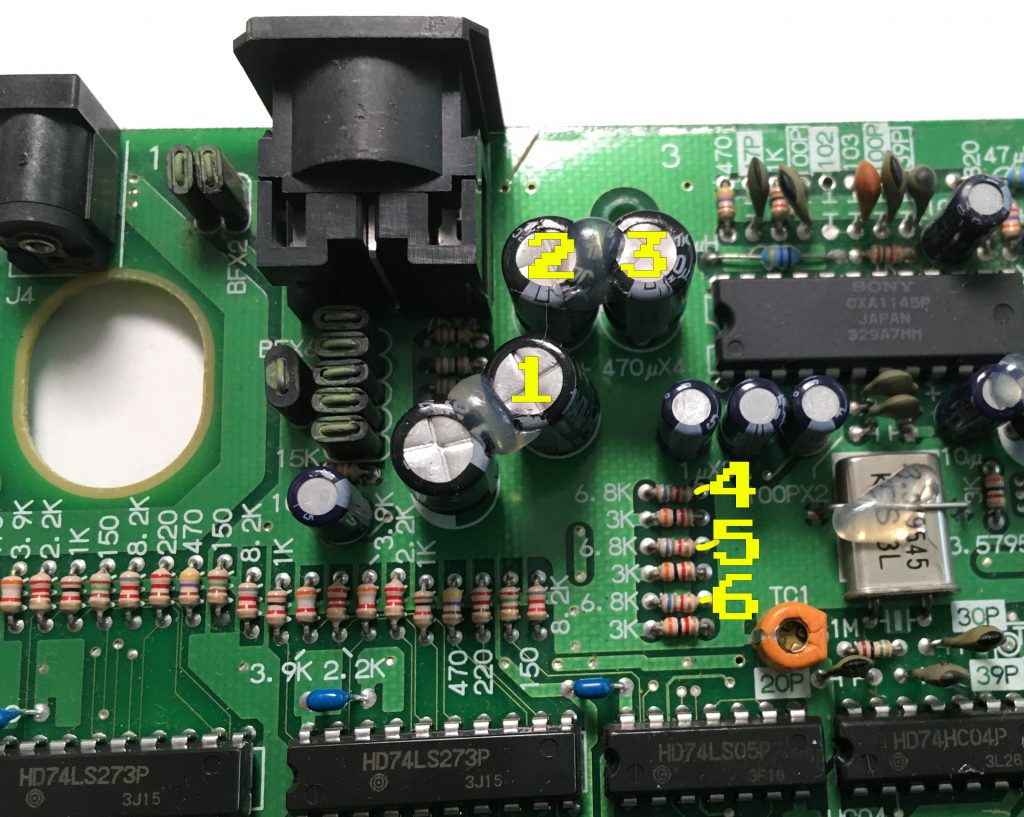
- That area should now look like this:
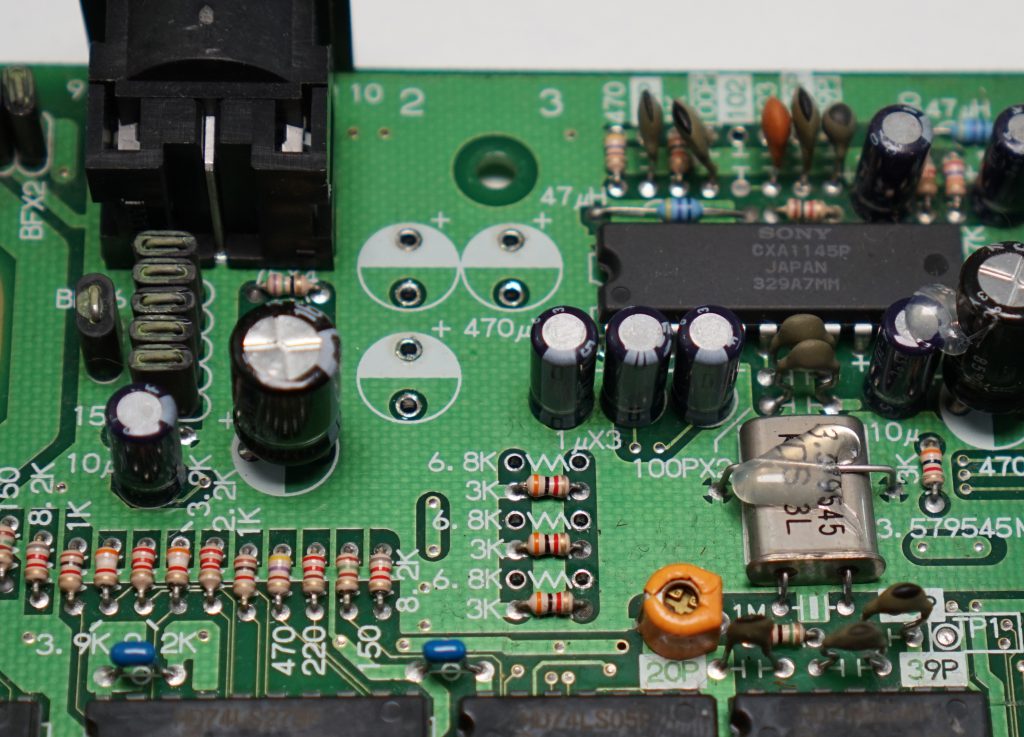
- Now, flip the motherboard over and locate the area near the A/V Multi-out; The upper right of this picture:
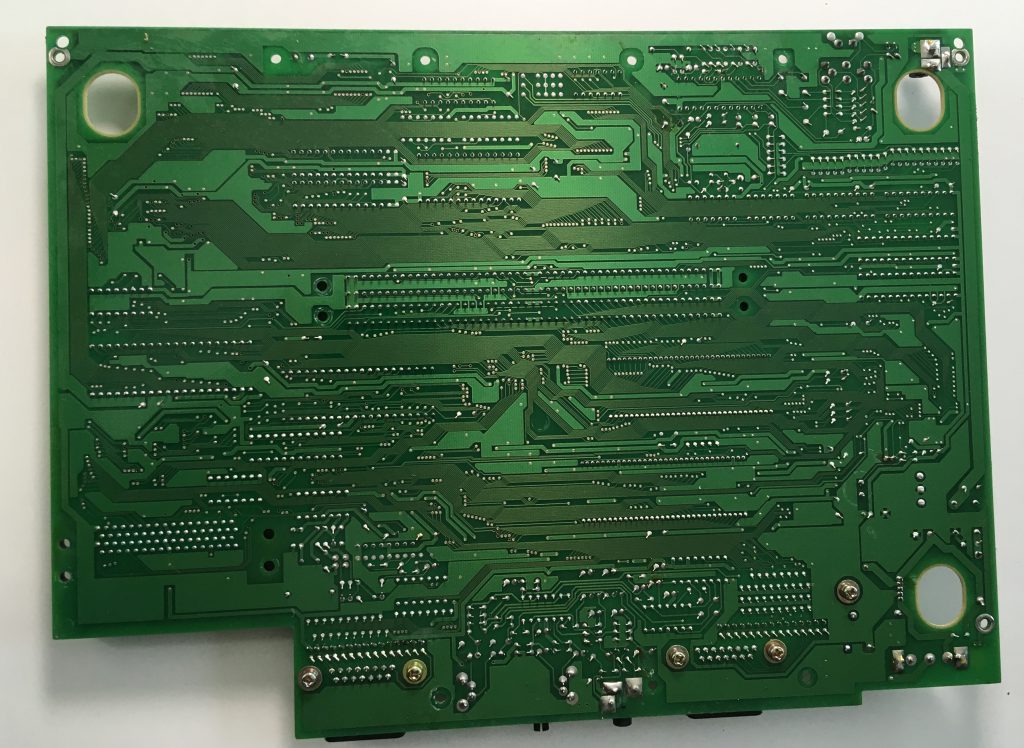
- You'll need to connect each of the following points with a 150Ohm resistor (technique, tips & more explanation below):
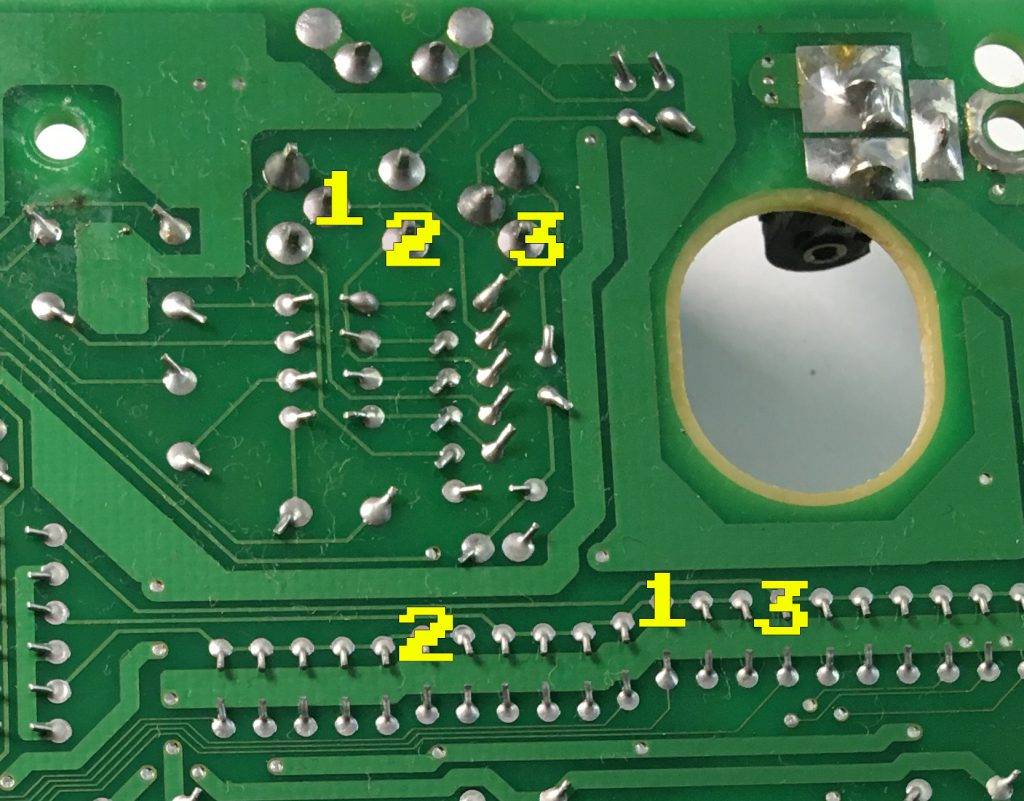
- Use the resistor itself to make the connection, with no wire: trim one end of the resistor and solder it to the bottom pins. Then measure and position the resistor with the connection points on the multi-out (top pins) and trim to size. Start with #1 in the above picture, as that's the only one that needs a bend in the routing; The rest are strait shots. Next add the heatshrink tubing. Then solder the top connection in place. Lastly, add some heat to shrink the tubing down for a nice connection.
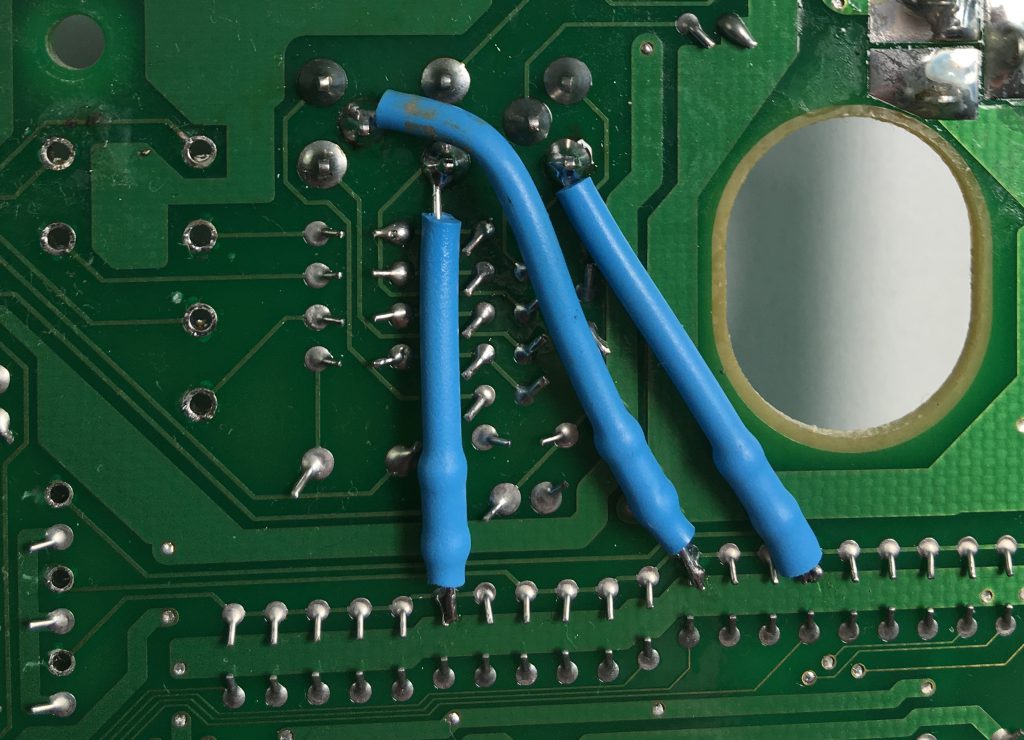
Sync Isolation
- Important note: This mod may not be needed at all on other revision AES consoles. Technically, this isn't "needed" on the 3-6's either, but it's strongly recommended to do it. You'll get a cleaner signal at a better voltage.
- Start by connecting a wire to the bottom of pin 11 (csync-out) of the Sony CXA. Then, run that wire through one of the existing holes of a capacitor you previously removed. DO NOT SOLDER TO THE HOLE!!! Simply push the wire through to the other side!
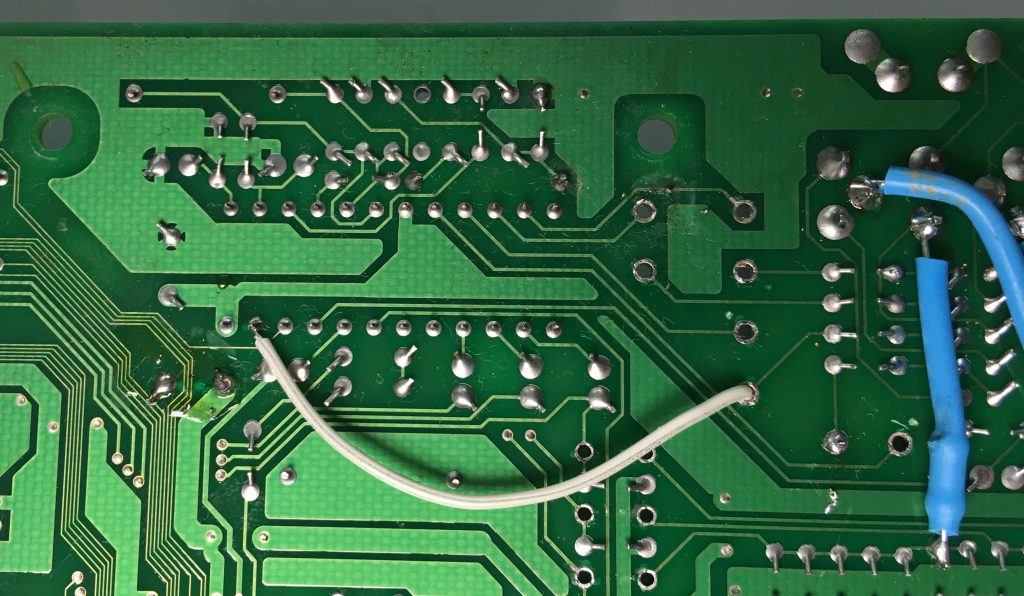
- Next, carefully snip the positive input leg of the following capacitor and carefully rotate it. If you have a desoldering iron, it would be much better to desolder the whole cap, rotate it and solder the negative side back in place:
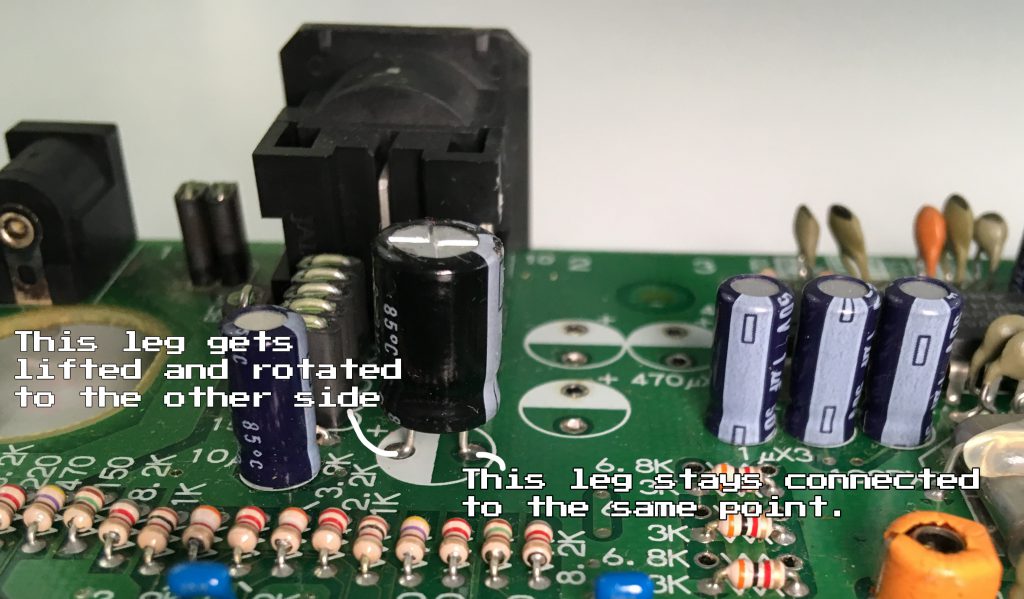
- Lastly, solder the wire that you ran through the hole, to the positive input side of the capacitor you just rotated. Then snip any excess.
